
Bachelor, Master and Doctor students on the Electrical and Automation Engineering campus at the Federal University of Pernambuco are contributing to research for the future of Brazil’s power supply.
Working with a newly installed 30kVA three-phase power installation, they will help to define the mix of the country’s power infrastructure.
The new faculty is known as the Storage and Mobility Laboratory – locally rendered as LAM.
In order to meet the emerging energy demands for EV charging; reliable power for industry, and domestic supply using greener technologies, the research team will work with the new installation to explore the efficiency of Hydrogen; the viability of wind and solar at scale, and fast deployment of diesel generated energy – in order to establish their suitability to consumer applications.
The build of the research system allows for many branches of research, including:
- Microgrid
- Hybrid systems with Diesel generator
- ESS systems
- EV charging station
- Backup systems
- Peak shaving
- Load shifting
In Brazil, Private energy companies contribute 1% -2% of their profits to share in the benefits from national research programmes. This levy benefits everyone by funding well-planned investigations aimed at meeting the nation’s future needs. In this instance the installation comprises:
- 3 x Quattro 10kVA Inverter/Charger
- 2 x SmartSolar MPPT 250/100 Solar Charge Controllers
- Cerbo GX Communication and control device
- BYD Lithium battery – Bbox 13,8 kWh
- Fronius Symo 15 KW
- 19.3 kWp Solar Array
- 12.5 kVA three-phase Toyama Diesel generator
- Siemens Programmable Logic Controller
The installation is housed in a new facility occupying three rooms, and extends outdoors where a six-car canopy has been built, on which the solar panels are mounted. The car port includes two EV fast Charging points rated at 22kW, and allows further research into the future of electric mobility, in association with the electrical engineerings department’s Jose Filho da Costa Castro.
Professor Pedro Rosas from the Department of Electrical Engineering, invites co-operation with other Universities with different specialities to allow the testing of their research projects – perhaps in the reduction of fossil fuels; remote micro-grid infrastructures; or development of sustainable fuels.
PhD student Davidson Marques who is also a Professor in the Department of Electrical Engineering, helped specify the system design, points up both the reliability of the system components and their accessibility for programming using VEConfigure which allows the students to prepare the system with different architectures and further the study of how energy installations might behave in different scenarios. Any simulation is possible – grid-connected; hybrid; and stand alone.
Victron Sales Manager Jorge Ortiz is really pleased to have provided assistance and advice during the feasibility studies. The system will provide everything needed for the research work, it’s good that our products have been selected for this important work, and it’s great that students will be introduced to the possibilities of our equipment at the beginning of their careers.
From the Control room the operation and control of the micro-grid are accessed using a Supervisory Control and Data Aquisition (SCADA) system. The plant has two devices managing and controlling the system, the Siemens Programmable Logic Controller (PLC) and the CERBO GX device. The devices establish communication via ModBus TCP protocol. The CERBO gathers information from the Inverter/Chargers; charge controllers; battery storage system, and Fronius inverter, whilst the PLC controls the connection and disconnection of supply charges wired into the inverters …allowing a more efficient and controllable environment.
A lot of work has been invested in the successful outcome of this project, notably from the following organisations: Laureus Energia; CPFL Energia, Grupo de pesquisa Gift – a research group connected to Universidade Federal de Pernambuco, and Startup microred(uRED).
For the acquisition of equipment, the LAM received an investment of R$ 1.25 million from two Research and Development Projects in Wind Generation and Solutions for Expanding the Recharging Infrastructure for Electric Vehicles.
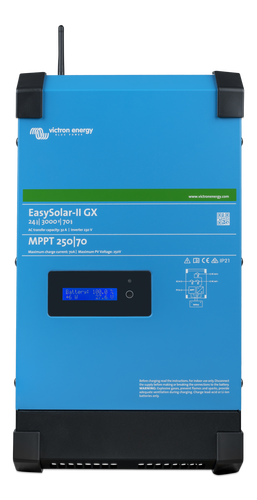
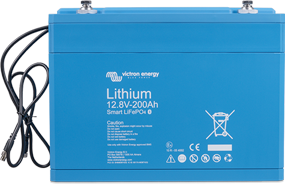
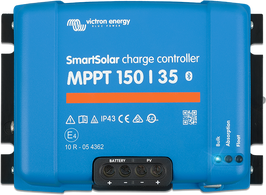

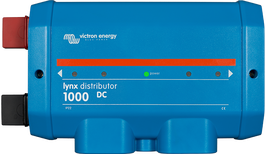
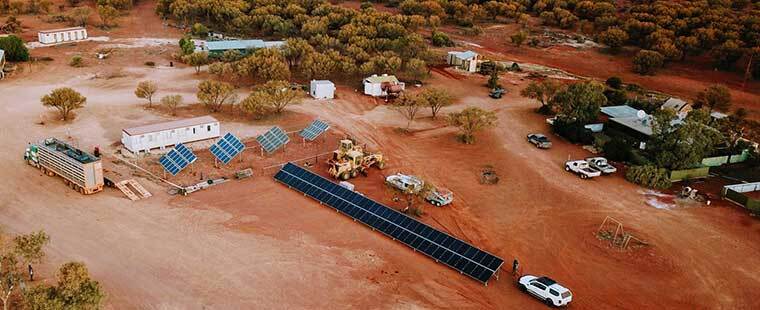



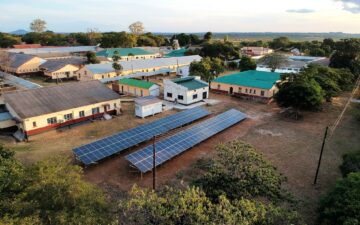









 #victronenergy #adventure
#victronenergy #adventure
 ELECTRICS
ELECTRICS 
